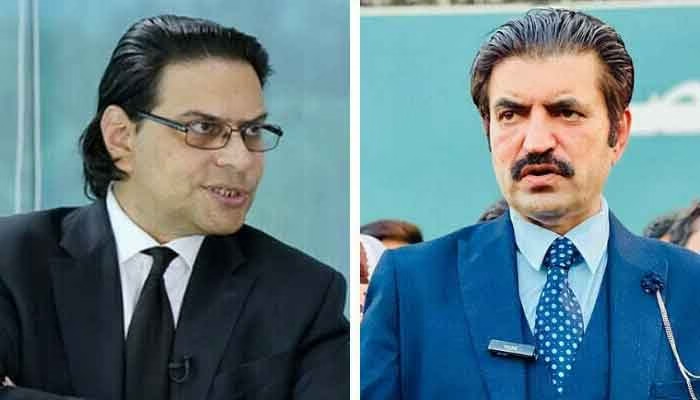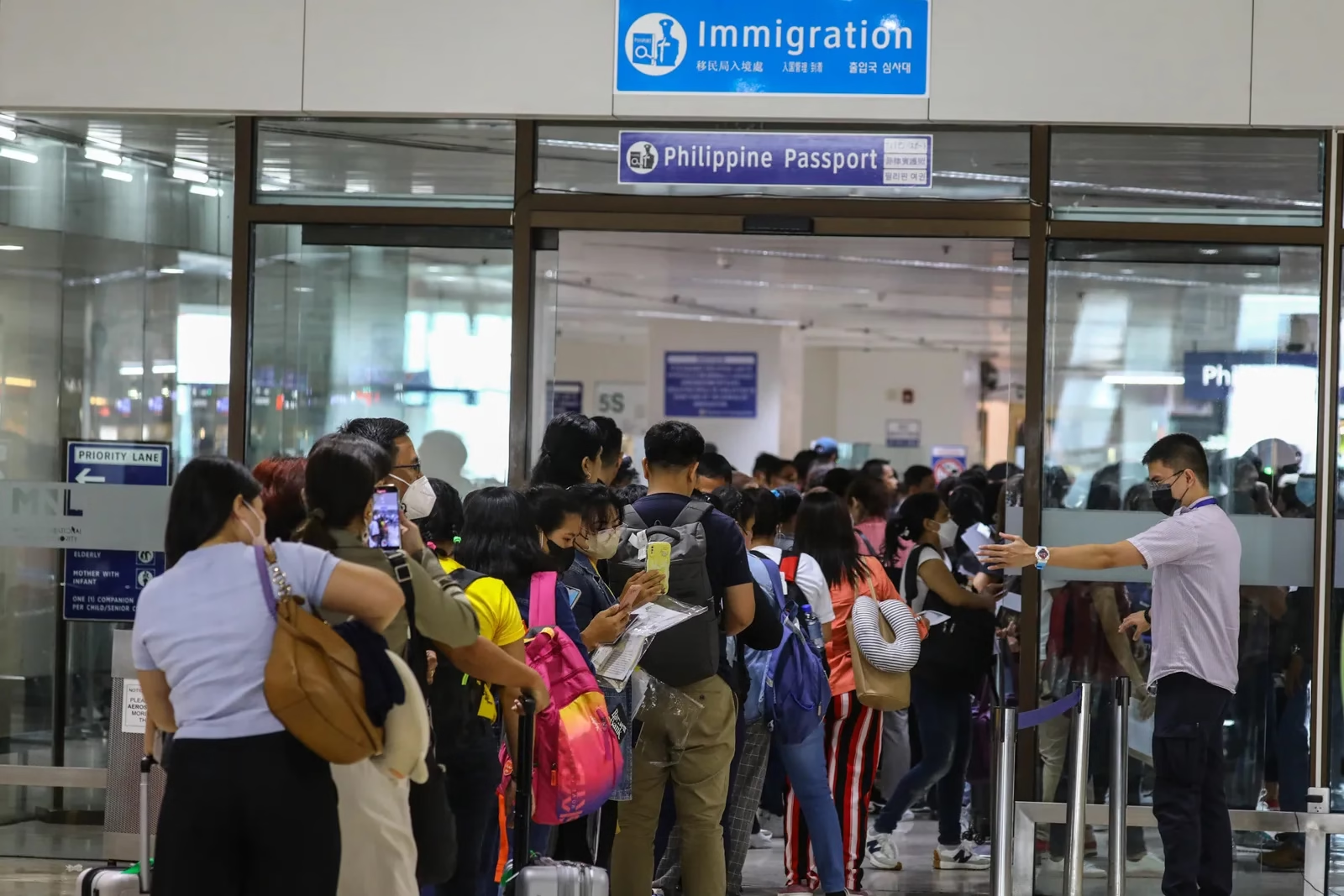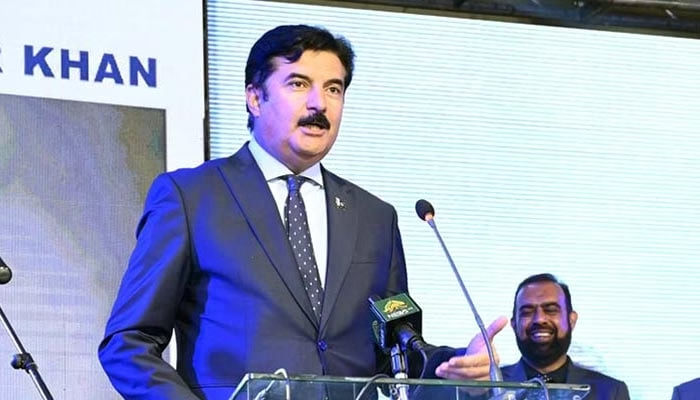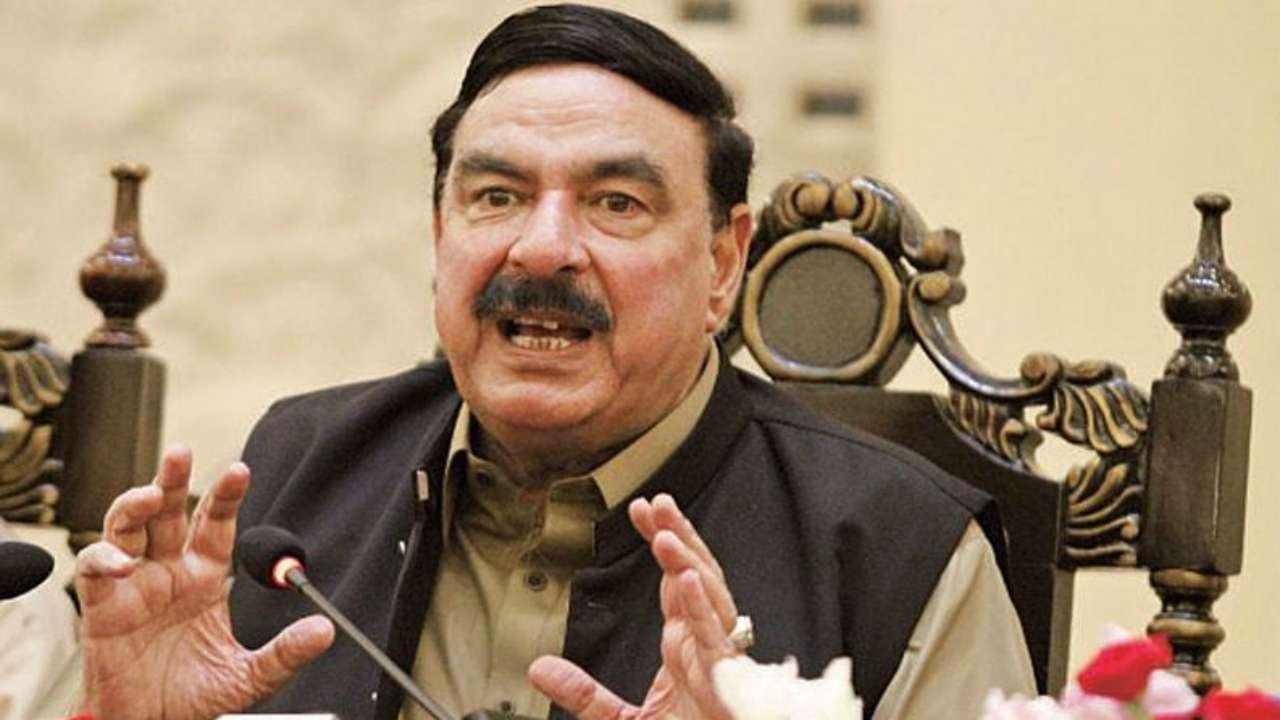Tehreek-e-Insaf (PTI) leader Shaukat Yousafzai has revealed that party member Sher Afzal Marwat was asked to remain silent, but he refuses to comply. This development highlights growing internal tensions within PTI as disciplinary actions take center stage.
PTI’s Disciplinary Action Against Sher Afzal Marwat
Speaking on Geo News’ morning show Geo Pakistan, Shaukat Yousafzai clarified that disciplinary action has been taken against Sher Afzal Marwat. However, he emphasized that Marwat is not accused of treason or corruption. Instead, the issue revolves around maintaining party discipline, something Yousafzai believes every member must adhere to, regardless of their stature.
I have told Sher Afzal Marwat to stay quiet for a while, Yousafzai stated. “Disciplinary action is not a major issue, and it will be resolved. But the challenge is that Sher Afzal Marwat is not someone who stays silent.
Sher Afzal Marwat’s Rebellion Against PTI Leadership
Despite being asked to remain silent, Sher Afzal Marwat has continued to express his views publicly. His recent statements against PTI Secretary General Salman Akram Raja have further fueled party disputes. Yousafzai admitted that Raja is not a conventional politician but a well-respected lawyer who enjoys the full trust of PTI founder Imran Khan.
For us, Imran Khan is the most important,”Yousafzai remarked. I believe Sher Afzal Marwat should be handled carefully. Differences can always be resolved at the right time.
This statement suggests that PTI leadership is attempting to contain the internal unrest, but Marwat’s resistance remains a challenge.
Tensions Between PTI Leaders Continue to Rise
The divisions within PTI are not limited to Marwat alone. The recent dispute between Fawad Chaudhry and Shoaib Shaheen has also caught attention. Addressing this issue, Shaukat Yousafzai explained that while Fawad Chaudhry sympathizes with PTI, he is not officially part of the party at the moment.
Fawad Chaudhry is involved in the May 9 cases,Yousafzai noted. “However, he is still in touch with PTI’s founder and has been meeting with him.
Meanwhile, Khyber Pakhtunkhwa (KP) Chief Minister Ali Amin Gandapur has emerged as a key figure, maintaining the trust of PTI’s leadership. Yousafzai confirmed that a full-time provincial president was necessary to strengthen PTI’s position in KP and mobilize party workers effectively.
Junaid Akbar himself told me that Ali Amin Gandapur suggested his name for the presidency, he added. Both leaders have held multiple meetings, and they work together in party rallies and decision-making.
PTI’s Strategy for the Grand Opposition Alliance
While PTI deals with internal conflicts, the party is also focusing on forming a broader opposition alliance against the government. Yousafzai disclosed that significant progress has been made, with agreements being finalized behind the scenes.
In the next 8 to 10 days, things will become clearer, and a major movement could be launched after Eid,he hinted.
One notable development in PTI’s opposition strategy is its engagement with Jamiat Ulema-e-Islam (JUI). Historically, the two parties have had differences, but Yousafzai pointed out that they now share common concerns.
JUI also believes the current government is illegitimate and has reservations regarding KP, he explained. Both parties agree that fresh elections should be held.
What Lies Ahead for PTI?
PTI’s ongoing internal rifts and leadership struggles pose significant challenges. While the party remains a dominant force in Pakistani politics, the inability to manage internal disputes could weaken its position. The resistance from Sher Afzal Marwat, the uncertainty around Fawad Chaudhry’s role, and the handling of provincial leadership in KP all add to the complexity.
Additionally, the success of PTI’s alliance with opposition parties remains uncertain. If agreements are finalized and a strong movement emerges post-Eid, it could reshape Pakistan’s political landscape. However, internal instability could derail these efforts.
For now, PTI finds itself at a critical crossroads, juggling internal discipline, leadership conflicts, and external political strategies. Whether the party can overcome these challenges will determine its trajectory in the coming months.



